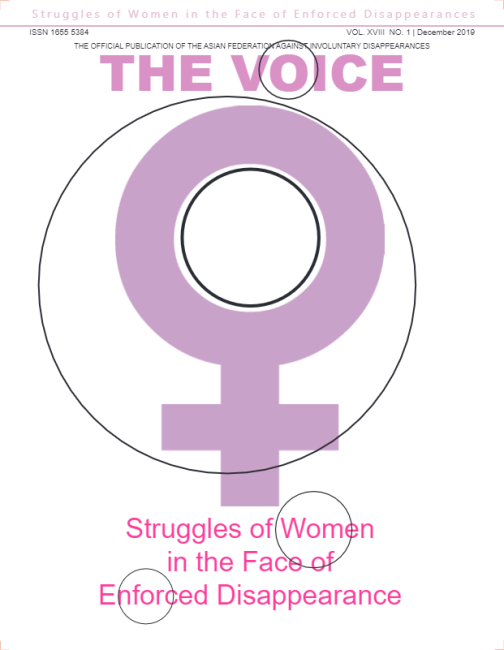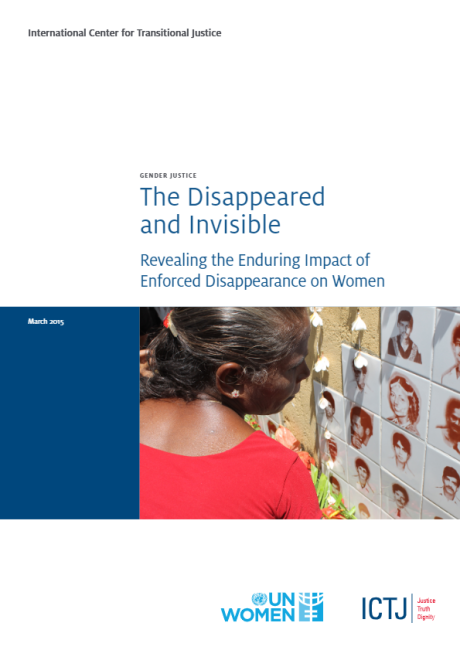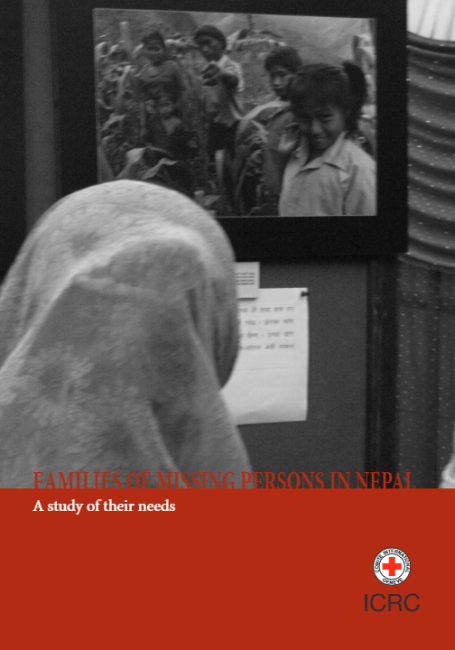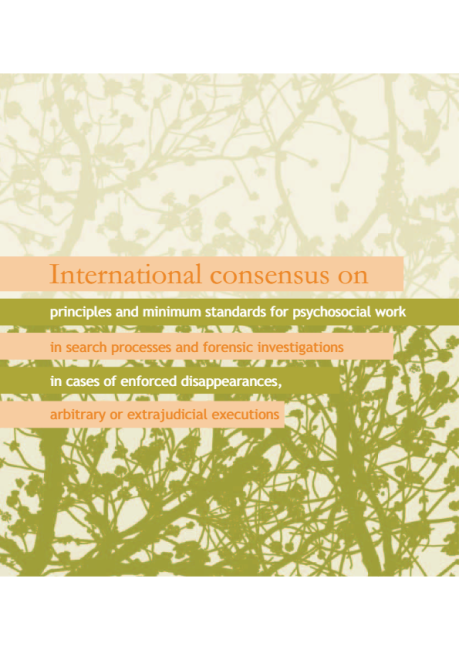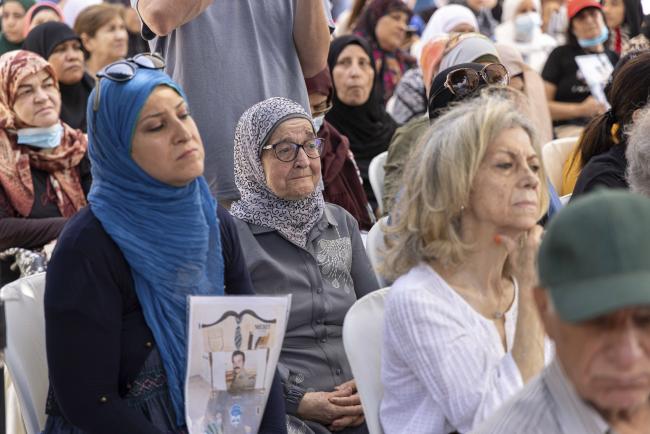
Psychological Distress and Coping Strategies among Families of Missing Persons in Pakistan
The present research was designed to explore psychological distress and coping strategies among families of missing persons in Pakistan. The sample (N = 225) included both men (n = 108) and women (n = 117) with age range of 20-82 years. Psychological distress and coping strategies of the respondents, were assessed with Urdu versions of Depression Anxiety Stress Scale and Cope Questionnaire; respectively. Results of the study showed that women experience higher levels of depression, anxiety, and stress as compared to men. Significant difference was also found between men and women with reference to coping strategies. Results showed that women were more inclined to use emotion focused coping strategies to deal with distress, whereas non-significant difference was observed with reference to problem focus coping strategies. Significant differences were also observed across varying age groups, revealing older respondents reporting more psychological distress and use of emotion focused coping. However, non-significant difference was observed among the three age groups on problem focus coping. Results also indicated that psychological distress and practice of emotion focus coping was directly proportional to shorter duration of missing; whereas problem focus coping was inversely related with extended time period. Spouses expressed high level of psychological distress and more inclination for emotion focus coping as compared to other relationships. Future implications of the study were also discussed.


